Explore incredible deals on Toyota Tundras! Hurry, limited-time offers await!
Electric Cars FAQs

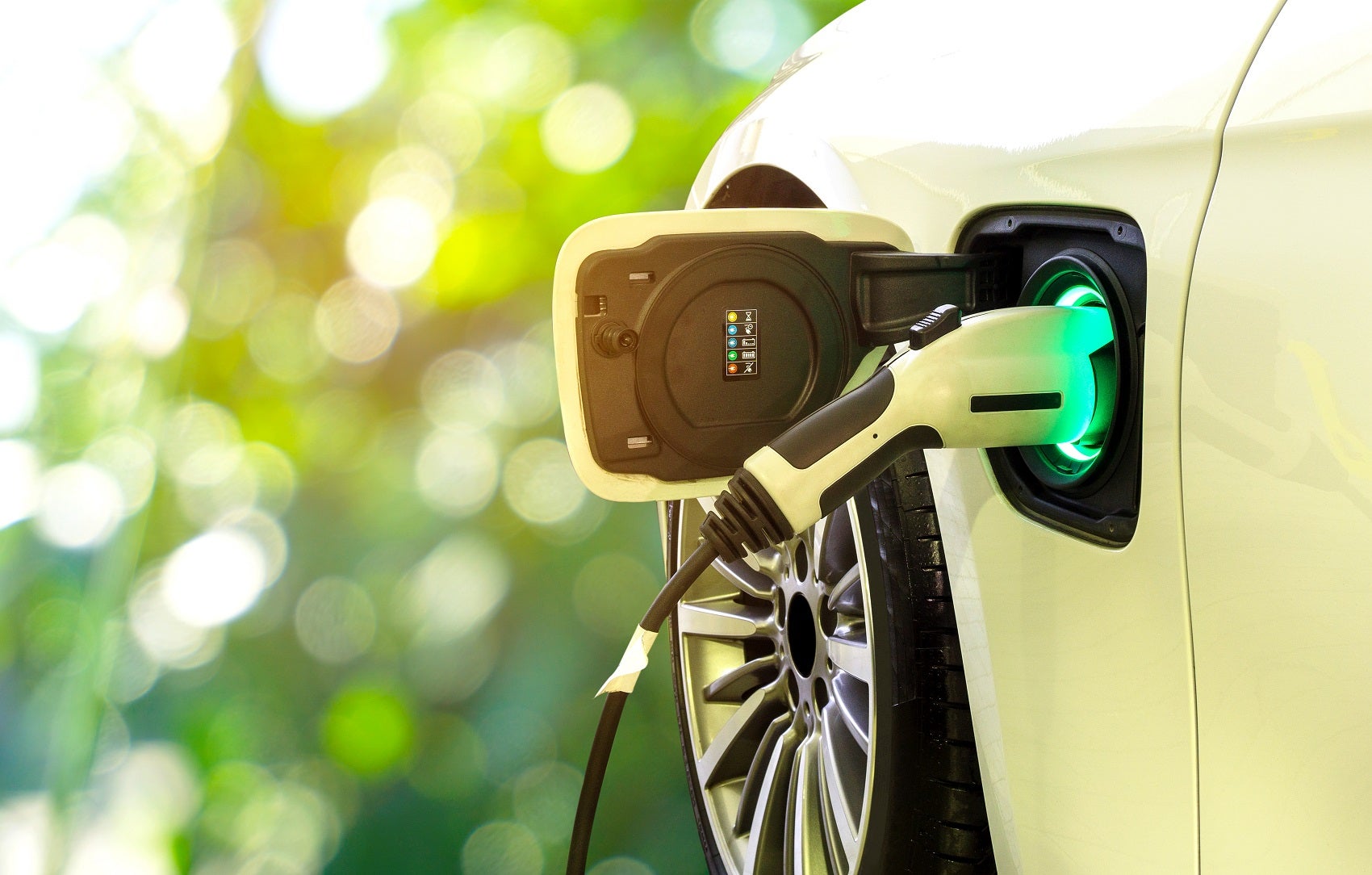
Electric Cars FAQs
Electric cars are making waves in the automotive world, offering a cleaner and more sustainable way to commute in and around Jackson, Madison, Brandon, and Ridgeland, Mississippi. As the curiosity around electric vehicles (EVs) grows, our Toyota of Jackson team has compiled a comprehensive list of frequently asked questions to help you navigate the world of electric cars. Keep reading to get more insight in the world of electric cars and see if it’s time for you to make the switch to an EV!
How Do You Charge an Electric Car?
Charging an electric car is simple, and it offers some flexibility in how to do so. You can charge it at home using a standard electrical outlet, and for faster at-home charging, consider installing a Level 2 charger. Public charging stations are also available throughout the area, and they offer a quick way to get a boost in range while you go grocery shopping.

How Long Does It Take to Charge an Electric Car?
The charging time depends on your car's battery size and the charger's power output. Let’s take the Toyota bZ4X for example. Using a Level 2 Charger, it can be fully charged in about 9.5 hours, which offers easy overnight charging at home. If you see the Low Battery Light flash on, it can get back up to an 80 percent charge in as quickly as 30 minutes when using a public DC fast charging station.
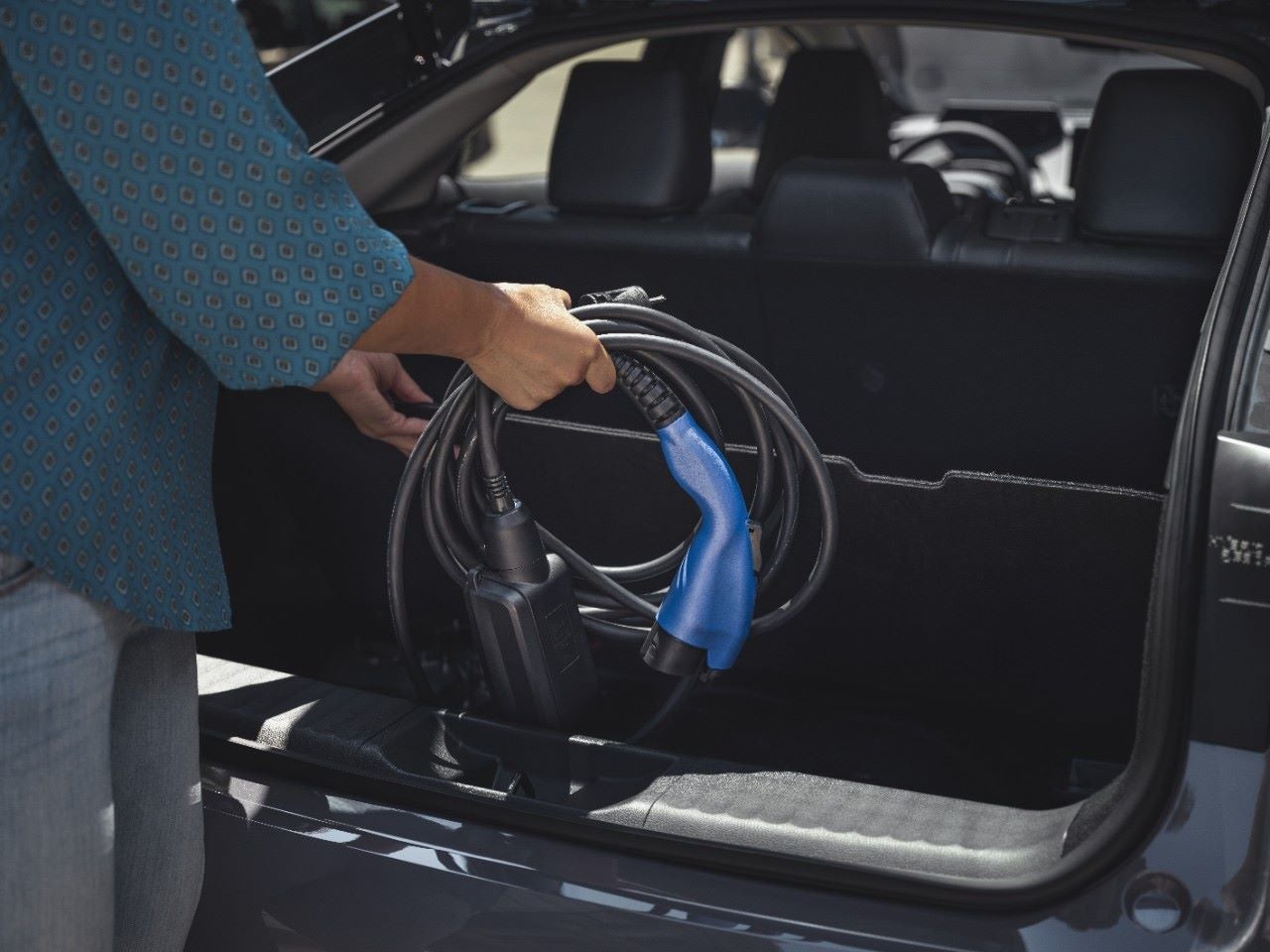
How Many Miles Can You Drive an EV On a Single Charge?
The driving range of an electric car varies by model. Newer EVs can typically travel for hundreds of miles on a single charge. It's essential to consider your daily commute and driving habits when choosing an electric car to ensure it meets your needs. Back to the Toyota bZ4X, it can provide up to an EPA-estimated 252 miles of range, which is plenty for both longer road trips and just weekly travels around the city.*
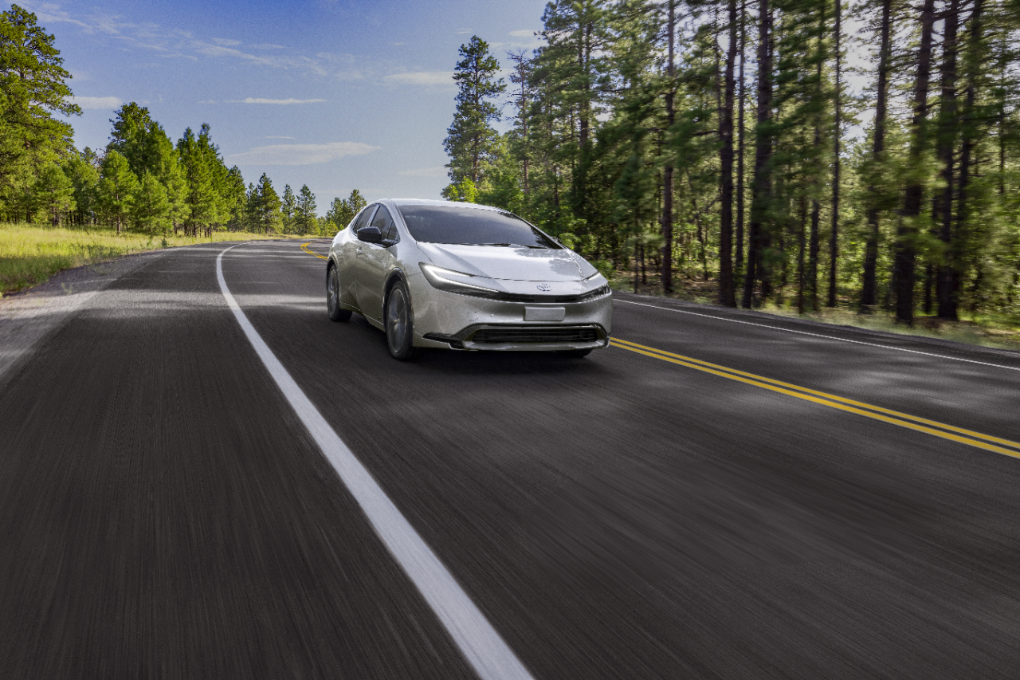
Does an Electric Car Need Maintenance Service?
Electric cars have fewer moving parts than traditional gasoline-powered vehicles, reducing the need for frequent maintenance. You'll still need to rotate the tires, check the brakes, and have other parts eventually replaced; but overall, EV maintenance costs are typically lower.

Are Electric Vehicles Reliable?
Electric vehicles are known for their reliability. With fewer moving parts, there's less wear and tear on the vehicle. Battery technology has also improved significantly, with many manufacturers offering extensive warranties on EV batteries. You can count on your electric car for years of dependable performance.
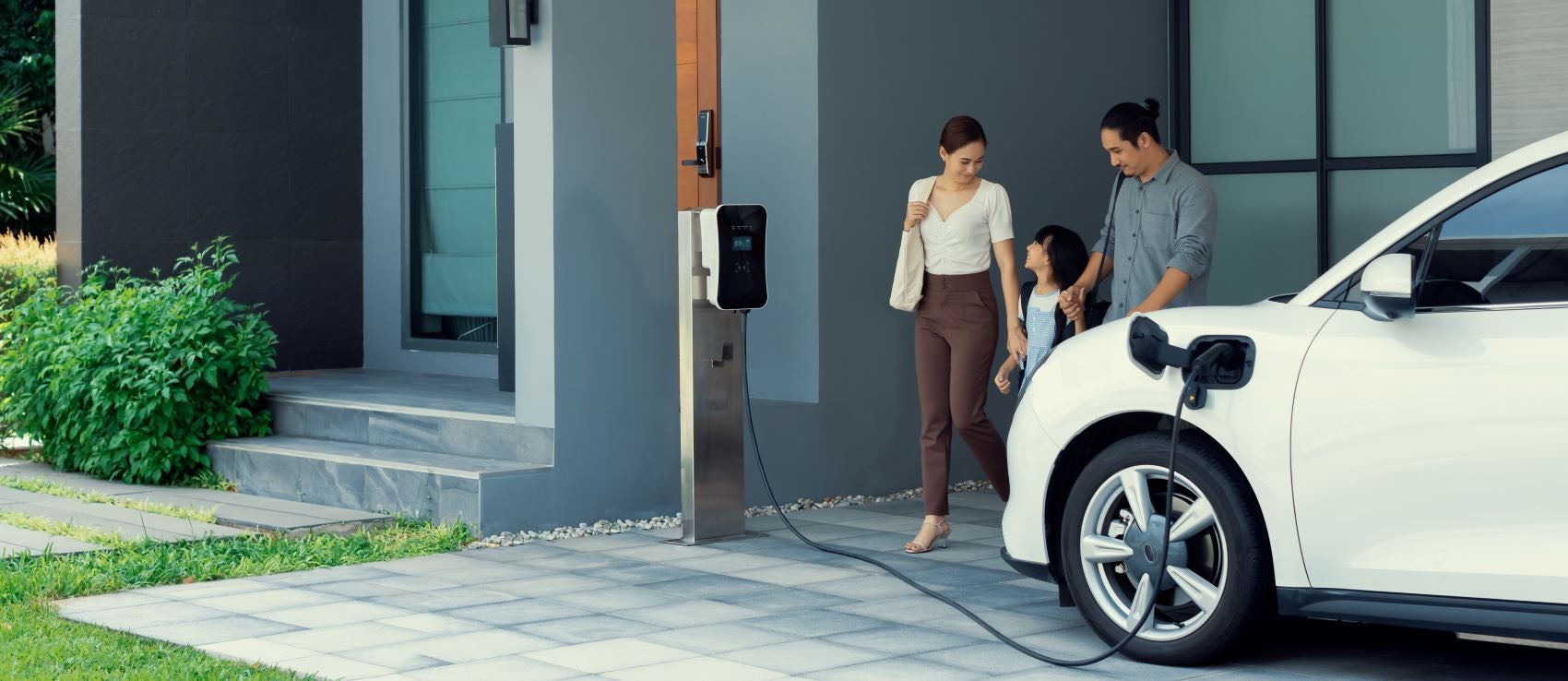
Are Electric Cars Better for the Environment?
Yes, electric cars can be better for the environment. They produce zero tailpipe emissions, reducing air pollution and dependence on fossil fuels. By driving an EV, you can enjoy the benefits of lower greenhouse gas emissions and cleaner air in your community.
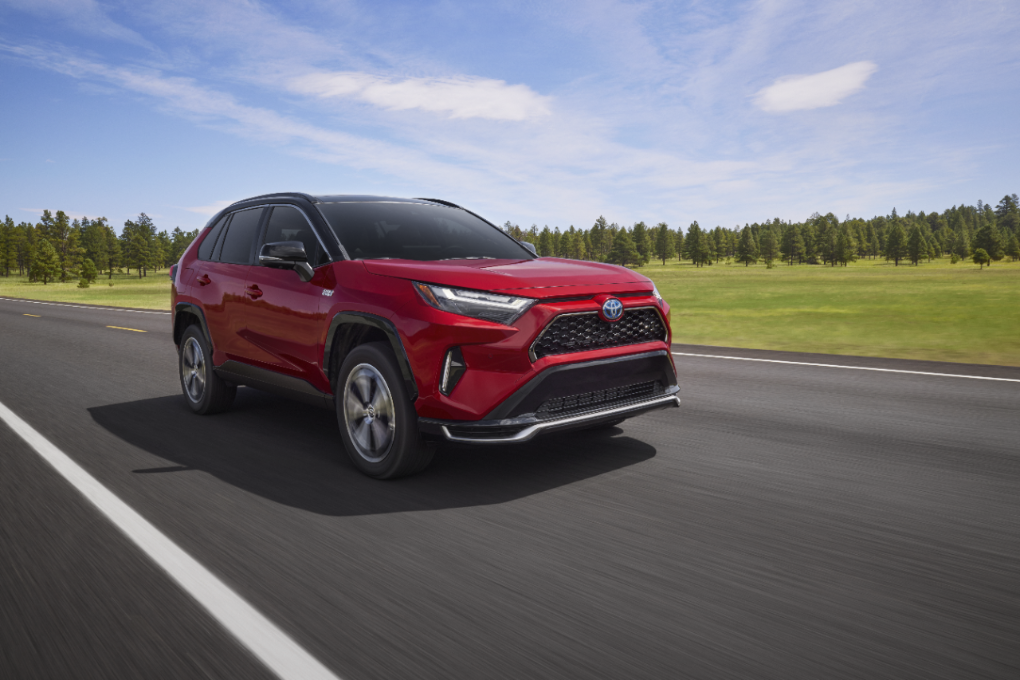
Where Can I Get an Electric Car?
As you can see, EV ownership has its benefits and is also practical for drivers who commute around Jackson, Madison, Brandon, and Ridgeland, MS. If you’re ready to make the switch to an electric car, contact us at Toyota of Jackson. We can give you more insight into the options we have here, including the Toyota bZ4X, and help you find the right EV for your travels!
[*] EPA-estimated 252-mile total driving range rating for 2023 bZ4X XLE FWD; 242-mile total driving range rating for 2023 bZ4X Limited FWD; 228-mile total driving range rating for 2023 bZ4X XLE AWD; and 222-mile total driving range rating for 2023 bZ4X Limited AWD total driving range for when vehicle is fully charged and operated under ideal driving conditions. Use for comparison purposes only. Actual range may decrease significantly depending on speed, outside temperature, accessory use, how/where you drive, charging habits, and other factors. Battery capacity also decreases with time and use, which will reduce range. See www.fueleconomy.gov and Owner’s Manual for details.


